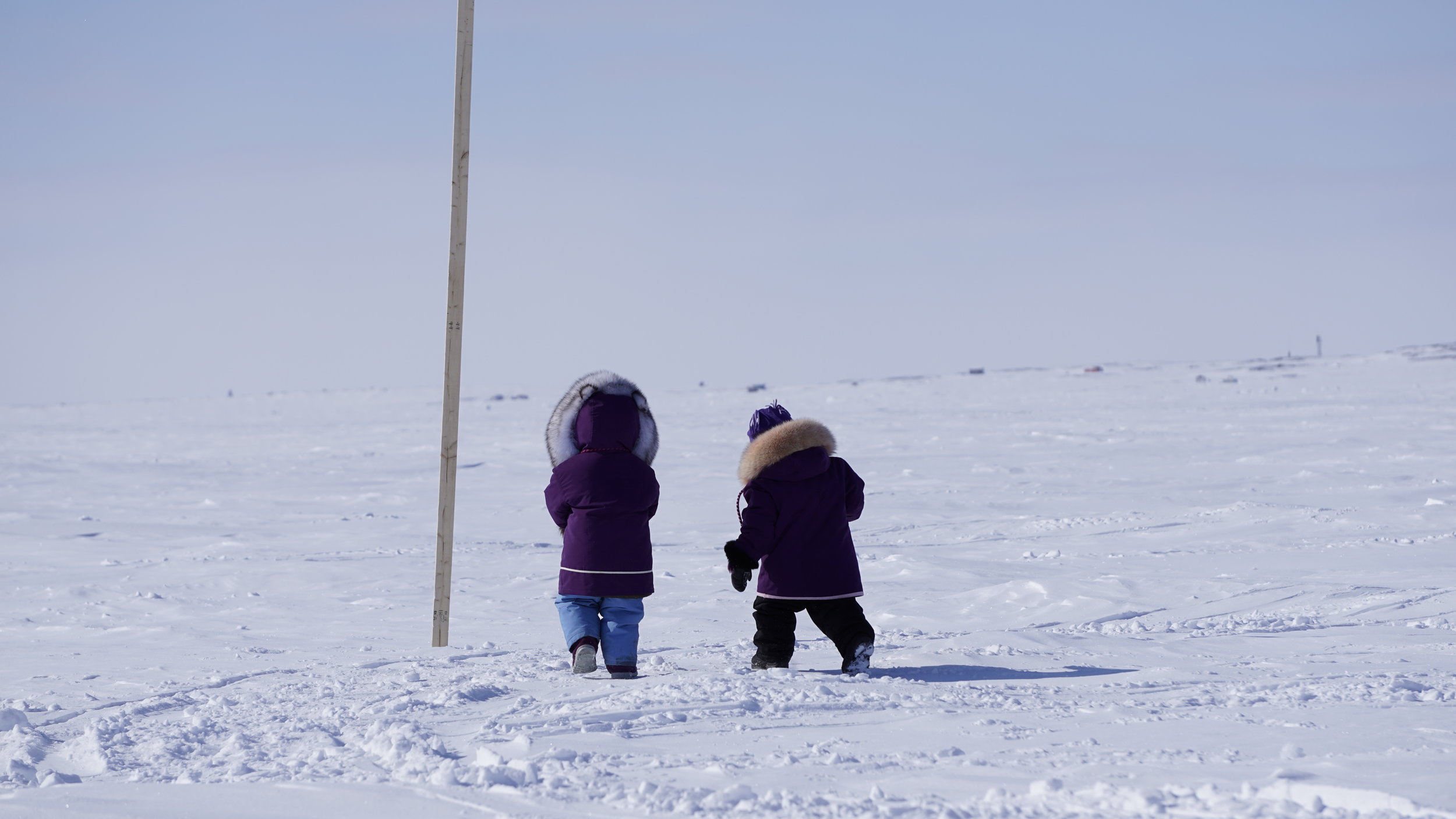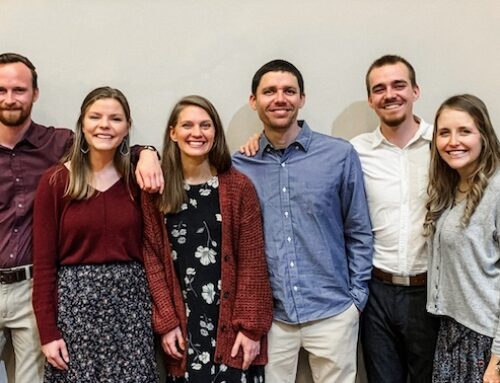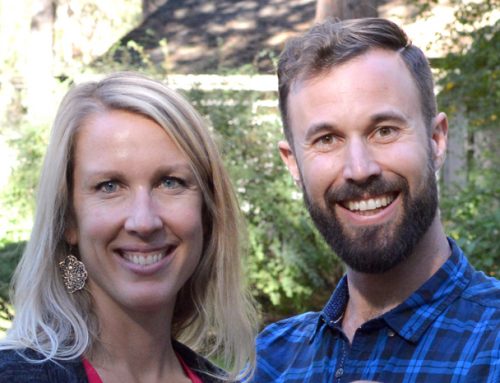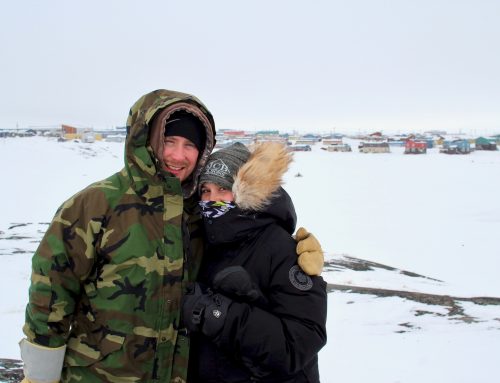The late night phone call was from a young mother who had swallowed too many pills. “Will you take my children?” she asked. Mark drove to the house to establish contact with the police. Meanwhile the young children huddled together on a mattress at our house waiting for their mom to come back.
If I could take my accumulated experience and training back into that situation, I would have known that it wasn’t only the adults who needed follow-up care. Children are sometimes thought to be “too young” to be affected. Or the parents may be too ashamed to talk about their situation with their children.
Children living in traumatic situations need help. Experts say that trauma causes the brain to develop differently, and children can suffer lifelong effects from lack of trust, isolation, and feelings of hopelessness. While adults may fail to deal with their suicidal thoughts in helpful ways, they are also neglecting the care of the next generation.
Death is a thief. It is not “a hero’s home-going”, not “the calling back from a departed one”, nor “a resting place for a troubled soul”. Many years later that same mother who swallowed the pills recounted to us in a woodenly detached manner that two of her children, as adults, lost their lives to a drug overdose.
Jesus loves children! He had a strong sentence for those who harm them (Matt. 18:5,6 – “And whoever welcomes one such child in my name welcomes me. If anyone causes one of these little ones – those who believe in me – to stumble, it would be better for them to have a large millstone hung around their neck and to be drowned in the depths of the sea.”). I encourage you to consider the children and, where needed, gather people together in community to discuss suicide, and to offer words of healing and hope.
Written by RuthAnna Dana, missionary in Northern Canada






